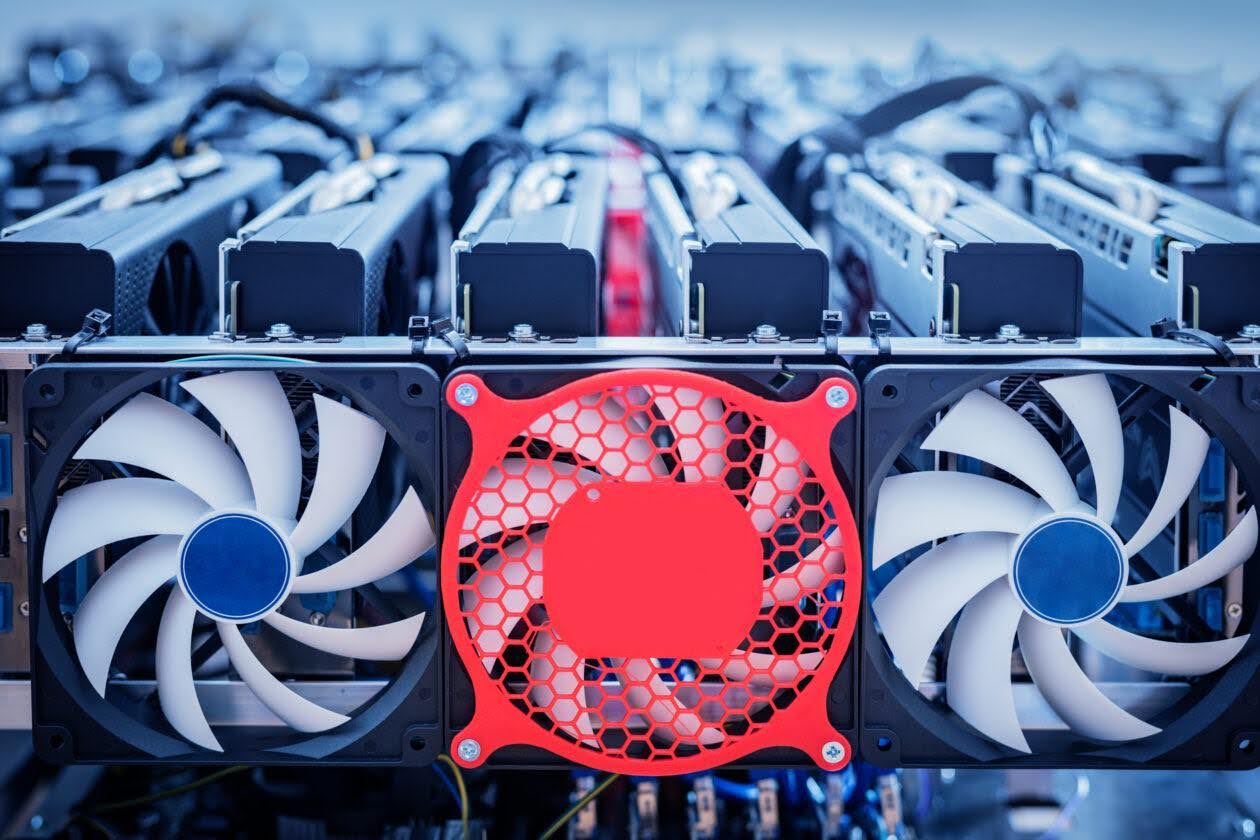British Columbia Permanently Bans Crypto Mining Power Connections
Key Takeaways:
- British Columbia will permanently ban new crypto mining connections to BC Hydro to preserve clean power for industrial growth.
- The province aims to unlock $45 billion in near-term economic activity through mining, LNG, and clean manufacturing projects.
- A new North Coast Transmission Line will deliver clean electricity to fuel job creation, First Nations partnerships, and low-emission industries.
British Columbia (B.C.) has unveiled one of the most sweeping energy reforms in Canada’s history, an ambitious plan that permanently bans new cryptocurrency mining power connections while channeling clean hydroelectricity into industries that promise jobs, investment, and sustainable growth. The move comes as global energy demand from data centers, AI infrastructure, and blockchain operations surges to record highs.

B.C. Targets “High-Value” Energy Users
The Energy Statutes Amendment Act, tabled on October 20, 2025, marks a decisive shift in how the province allocates electricity. The law empowers the government to direct clean power toward sectors that generate long-term value such as critical minerals, natural gas, low-emission LNG, and clean manufacturing and away from energy-intensive industries with limited economic contribution, notably cryptocurrency mining.
“We must act with urgency to leverage our clean-electricity advantage,” said Adrian Dix, B.C.’s Minister of Energy and Climate Solutions. “Our new allocation framework prioritizes sectors that build jobs and deliver the greatest benefit to British Columbians.”
This legislative pivot underscores B.C.’s strategy to safeguard its hydro-based grid, one of the cleanest in the world while managing surging electricity demand driven by the global race for digital infrastructure.
Read More: Pakistan Sees Opportunity in Bitcoin Mining with Excess Energy: Bitcoin Revolution in Pakistan?
Crypto Mining Ban Becomes Permanent
In December 2022, B.C. initially suspended the establishment of new crypto mining connections due to its unbalanced use of energy and insignificant employment generation. That moratorium under the new legislation would turn into a permanent ban.
Local leaders indicate that cryptocurrency mining, though technically advanced, uses a significant amount of electricity but does not add much value to the local region. The policy aims at eradicating congestion of the grid through trading in what are short run and speculative trading activities.

The ban is also applied to any new BC Hydro connections to crypto mining effectively shutting out the possibility of new entrants to access the public energy infrastructure. The current requests will be turned down, and expansions or the new requests will be viewed as the current ones.
The government projects that by eliminating the crypto miners, it will have enough power to speed up $45 billion in industrial investment in the North and central B.C. encompassing critical minerals, LNG terminals and manufacturing hubs.
North Coast Transmission Line: The Backbone of Growth
A $10 Billion Annual GDP Boost
The cornerstone of this plan is the North Coast Transmission Line (NCTL), a clean-energy passageway that is a nation-building effort that will increase the electricity generation capacity in B.C. northwestern region by twofold.
Upon completion, NCTL is projected to generate as many as 9700 full time jobs, adding nearly $10 billion/year to provincial GDP and lowering up to 3 million tonnes of carbon emissions per year.
It will connect Prince George to the Terrace and Bob Quinn Lake industrial areas as well as providing the mines, LNG facilities and expansion of the ports with power. Construction of the building will begin in summer 2026 and will be ready in 2032-2034.
“This is how we responsibly power economic growth and create prosperity for families and communities,” said Premier David Eby. “B.C. will be the clean-energy engine that drives a more independent Canadian economy.”
Read More:
Balancing AI, Data Centers, and Hydrogen Growth
While B.C. clamps down on crypto, it’s not shunning digital innovation entirely. A competitive allocation process will be launched in January 2026, allowing AI and data center projects to apply for limited clean-power access.
- 300 MW will be reserved for AI projects,
- 100 MW for data centers, and
- additional capacity for hydrogen exports, to be determined later.
Officials emphasized that priority will go to projects offering high employment potential and technological leadership, rather than speculative or energy-wasteful ventures.
This marks a sharp contrast to provinces and U.S. states that have struggled with uncontrolled AI and crypto power demand, leading to steep electricity price hikes for citizens.
Another pillar of the initiative is reconciliation and shared ownership. The legislation allows First Nations to become equity partners in the NCTL project, a first-of-its-kind model for B.C.
The post British Columbia Permanently Bans Crypto Mining Power Connections appeared first on CryptoNinjas.
CryptoNinjas





















